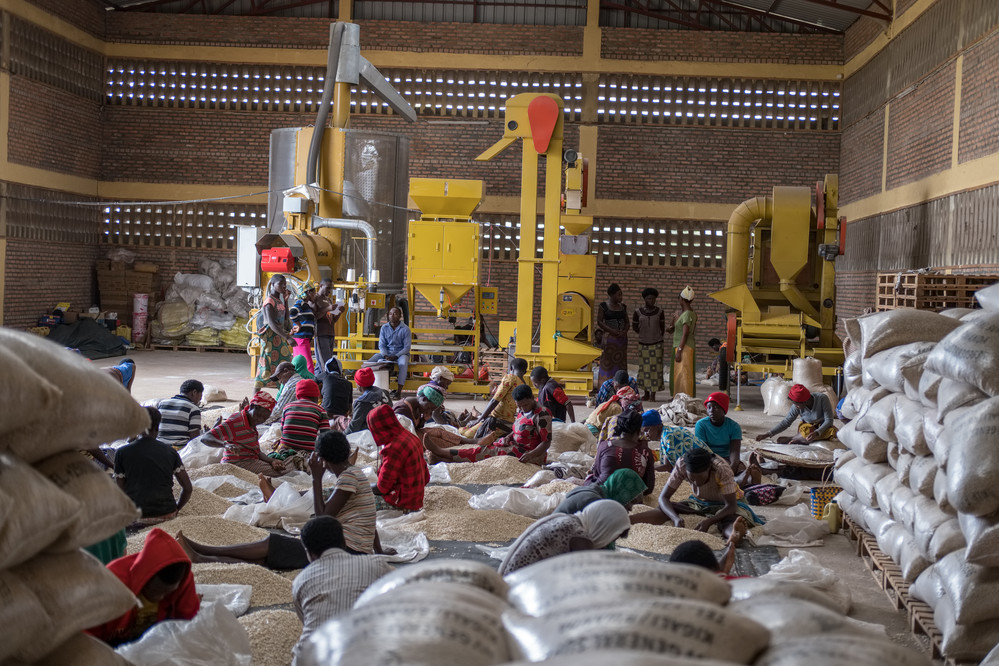Cash-In Cash-Out (CICO) agent networks are considered a critical foundation for inclusive digital financial service ecosystems. This is because they enable lower-income customers —who tend to live in rural areas and mostly earn and spend in cash— to convert cash into e-money and back, allowing them to use digital financial services (DFS). What effect does this have on SME development?

Photo: IFAD/GMB Akash
First, promoting CICO agent networks in rural areas enables rural entrepreneurs to effectively use DFS as tools to develop their enterprises. And second, CICO agents themselves are SMEs with much untapped potential. Recent innovations leveraging digital technologies facilitate further expansion of rural CICO agents, enabling this double positive effect on SME development.
One area of DFS provider innovation is in agent liquidity management, where providers are using agent and customer data to create information dashboards and artificial intelligence programs, allowing them to predict the locations of illiquid and over-liquid agents and to arbitrage between them. In addition, new fintechs are using agent data to offer credit facilities to agents, so that the latter have enough working capital to meet customer requests or to facilitate their non-financial enterprises with business development advice.
The public sector has a key role to play in the expansion of CICO agent networks, through enabling policy and regulations that allow agents to progressively diversify their service offerings, work with various providers and become interoperable (able to facilitate CICO transactions for customers not affiliated to the agent’s principal). This is why CGAP believes that SME development programs with a clear CICO agent promotion component hold great promise.

